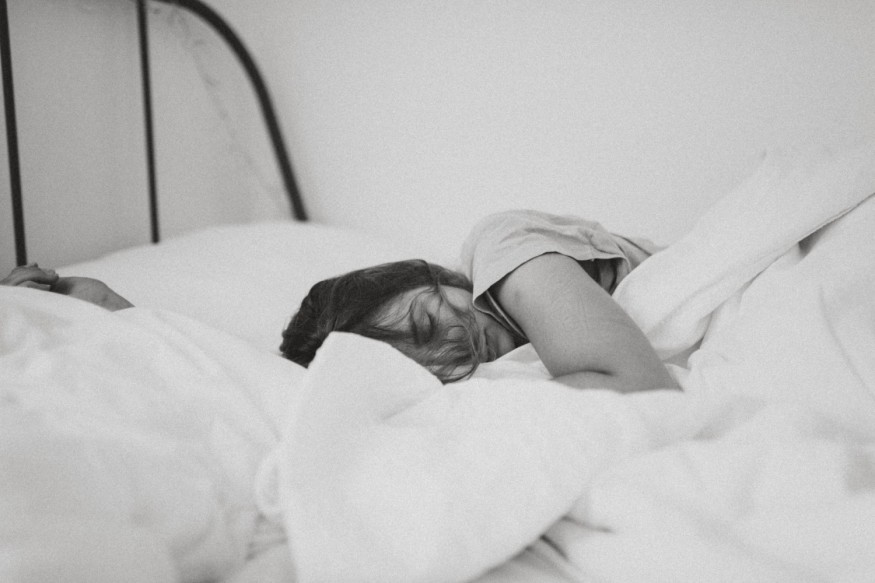
Our bed is one of the last places you want to think of as filthy after all, it is where you go every night, snuggling into the covers and pillows to feel as comfy as possible. Many of us even go out of our way to keep our mattresses as clean as possible by washing our linens on a regular basis, bathing before night, and refusing to sit on the bed in the clothing we have worn all day. Unfortunately, it appears that none of these matters. Your bed is far dirtier than you believe like a big petri dish full of bacteria, and you will be shocked to find that it is dirtier than something you would expect to be dirty.
What makes our beds similar to a big petri dish?
A typical bed has the mix of perspiration, saliva, dandruff, dead skin cells, and even food particles create an ideal habitat for bacteria, fungus, viruses, and even microscopic bugs to flourish and there are more.
1. Bacteria
As an example, consider Staphylococcus bacteria were detected in hospital bed linens, according to a study. These bacteria are usually innocuous, but they can cause serious sickness if they enter the body through an open wound and certain strains are more dangerous than others. In hospital beds, E. coli and other gram-negative bacteria are also widespread. This is why it is critical to wash your hands thoroughly after using the toilet to avoid spreading the germs to other areas of your home.
2. Bugs
You lose around 500 million skin cells every day even while sleeping. Microscopic dust mites may be attracted to and devour these skin cells. These mites and their feces can cause allergies and even asthma attacks. Bedbugs can enter houses through soft surfaces such as clothing or bags, or through other family members. Bedbugs can be killed by washing and drying bed linens at high temperatures (about 55°C), but they may need to be exterminated professionally.
3. Household Germs
Bathroom and kitchen towels provide a breeding ground for a wide range of bacterial species, including S. aureus and E. coli. Inadequate washing can transmit these bacteria to other objects, including our bed linens. Diseases such as gonorrhea can be spread through contaminated towels or bedding. Different bacteria species may live on textiles for varying amounts of time.
4. Chemicals
While you sleep, you might be inhaling hazardous chemicals. According to a recent study, body heat may aid in the release of volatile organic compounds (VOCs) from your mattress. These are mostly derived from the mattress's petroleum-based polyurethane and chemicals such as formaldehyde and flame retardants. The levels were not concerning for adults, but they were a major concern for children.
Also read : Microscopic Creature Comes 'Alive' After Being Frozen for 24,000 Years in Arctic Permafrost
What to do to keep your bed clean (Bed Hygiene)
Bed hygiene is something that we should all pay more attention to; here are some methods to keep your bed clean.
Sheets and duvets should be washed in warm water - 40-60 degrees is ideal - since hot water can damage fibers and dull designs. If you detect any stains on your bedding, use oxygenated bleach instead than regular bleach, which is strong and can harm materials. Spot treat the stain or add a scoop of oxy powder in the washing machine with your regular laundry detergent.
Dry your bedding once it has been cleaned, and then iron it. The heat from the iron not only kills any leftover bacteria, but it also makes your bedding feel like new.
Use a washable mattress cover to protect your mattress from stains and sweat and wash it biweekly with your bedding to keep it in good shape.
Vacuum your mattress and bed foundation once a month or so to remove fluff and dust but be cautious so you do not displace any fillings or harm the tufts.
Pillows provide a safe refuge for creatures owing to the accumulation of dead skin cells, filth, oil, perspiration, and saliva. Lovely! Use protective coverings and wash them on a regular basis to provide a barrier between you and your pillow. Change your pillows at least once a year.
© 2026 NatureWorldNews.com All rights reserved. Do not reproduce without permission.





